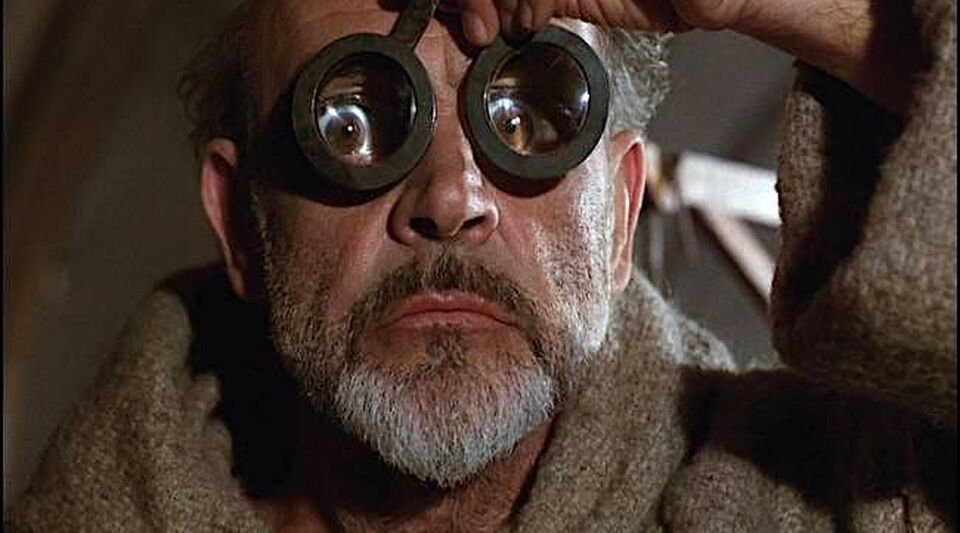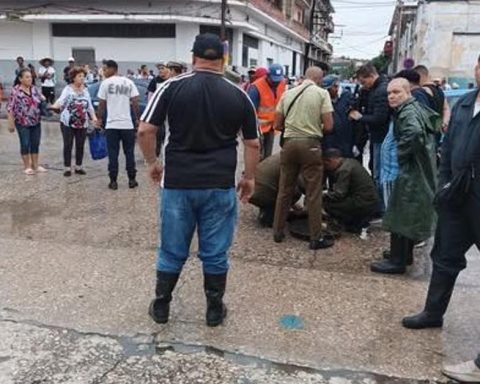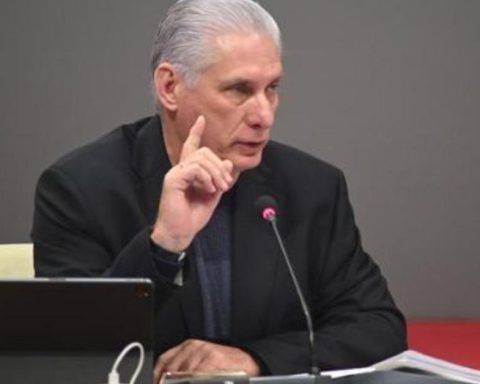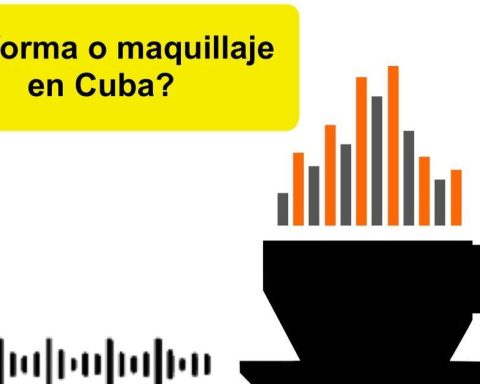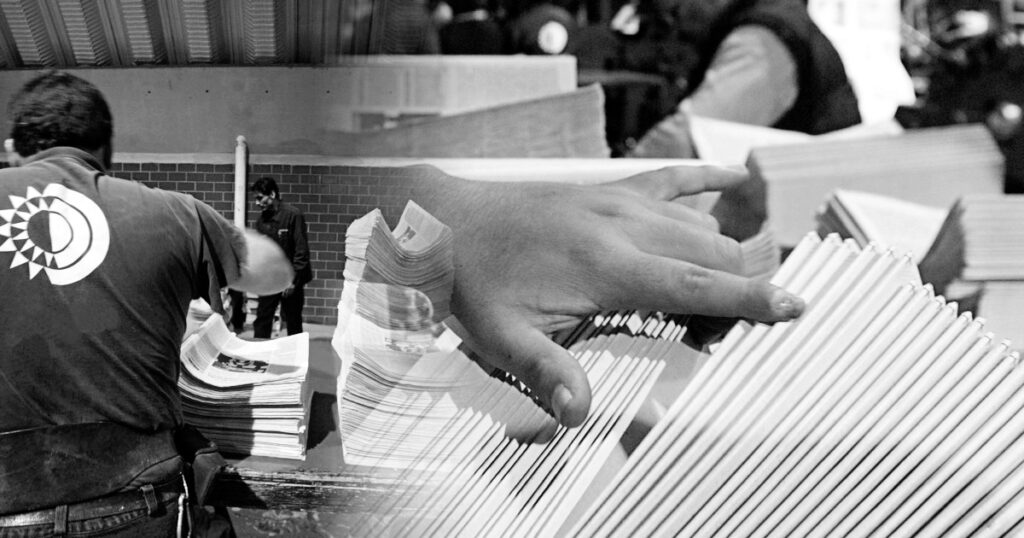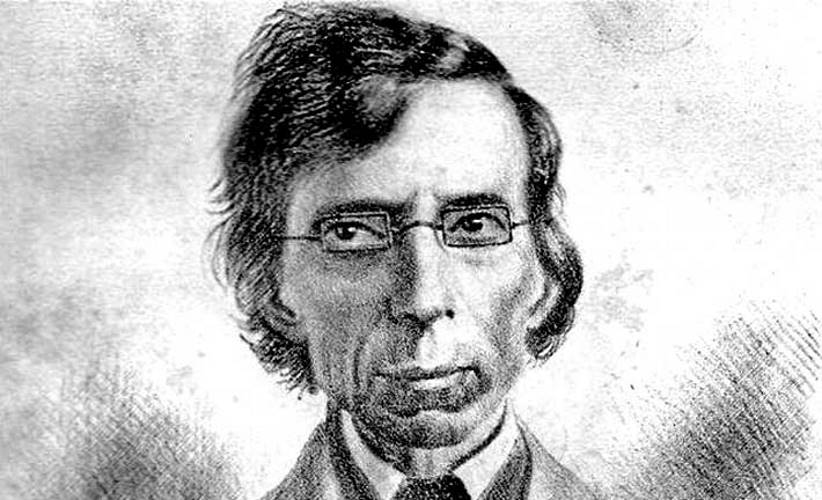I received my first pair of glasses at the age of eight. They were delivered to me by a gentleman in a white coat, whose face clouds and dilutes memory. They came in a case that closed its jaws on my fingers, covered by a silky canvas like the skin of a lizard.
They gave me the air of a solemn dwarf, perhaps aged in front of my peers, they excluded me from sports and from the noisy patio. With them I acquired gestures, concern and bearing. In short, they gave me a seriousness that was as useful as it was false, alibis for laziness and a mask, even if it was subtle, crystalline.
The voice that placed them in my hands introduced me to the blind man’s peculiar dictionary: glasses, like men, have a graduation and settle on armor. With legs, bridges, hinges and frames, its anatomy is that of a two-faced and mythological animal, a magical object. As if that were not enough, they lose screws –their madness is to become incomplete– and they age, the same as the eye or the bones.
I later learned that what I called glasses was called glasses by others, or glasses, and that by wearing them one risked falling into the mouths of the mockers in the classroom. The elegance of my armor, with its fine curve and mahogany color, prevented me –unfairly, I admit it– from sympathizing with the myopic class, with his crude and garish binoculars. An exemplary horror.
The day they broke for the usual reason –a limp due to wear and tear on the sinister screw– I suffered it in silence and with rancor, as only a child can.
The day they broke for the usual reason –a limp due to the wear and tear of the sinister screw– I suffered it in silence and with rancor, as only a child can do when he discovers that his things and his relatives are not immortal. Just like someone looking for a woman while thinking of another, I ended my childhood with glasses that I despised.
Eliseo Diego says that glasses fall among the objects that “are useless, except to establish once and for all the solid position of man.” Thus the pipes, the diaries, the pens, the watch –a flowery little hell, according to Cortázar–, the jackets, the tie and the memory are nothing more than handles to confirm reality, to be more than ghosts.
In my case, they are the ones who, clear or cloudy, define my world and give it shape. They bring closer or further away what my hands touch, rewrite the contours and nuances of the city, and frame everything in a black border, to which I am already used.
The old taught us to define things using the dictionary. It has served me little to better understand my glasses. In fact, everything has been more confusing since I read that the Academy, to admit that they are called that in my country, must first try eleven different meanings. The mirror, a minimal mirror, is a crystallized plaster in brilliant sheets – that is, the ancient mineral that the Romans called lapis specularis and also moonstone-, and the rose window or window that is made with that translucent plaster.
This is also the name given to a certain reflection of the circular cuts in the wood and to the slices of pumpkin in syrup. Only in last place, and timidly, is the equivalence of glasses attributed to it.
Here they are, twenty years after they first concealed my dark circles and weighed me down on my nose. Armor, glass and screws, but without having repaired anything in me
Cárdenas and Tristá’s dictionary, of Cuban Spanish, finally does them justice – between mirror and hope – in the plural: optical instrument, composed of two crystals and a frame, used to correct or compensate vision. Distrustful, I remove them from my face and once I recover from the usual dizziness I check the accuracy of the definition.
Here they are, twenty years after they first concealed my dark circles and weighed me down on my nose. Armor, glass and screws, but without having fixed anything on me. Every day I move towards blindness, which is, as is known, a metaphor for old age, silence and forgetfulness.
I leave in the will –for those who wish to collect and collect them– the glasses from my childhood, the ones I broke due to sleeplessness at the university, the ones that dissolved in the summer sweat, the metal ones and the plastic ones, the cheap and foreign and patched ones, the ones that the eye doctor placed me in a gloomy room with letters—infinite due to their retractable mechanism—and the ones I use now, which darken when the sun hits them.
I don’t owe it to them, do I? Have they not supervised everything I have written, the books I read, and the making of this page? I hold them responsible for my headaches and for my literature, what other declaration of loyalty can I make to them? Also my life, the one I remember and the one I now leave in writing, would be very different if I had not looked at it, like the pirates, through my glass eyes.
________________________
Collaborate with our work:
The team of 14ymedio He is committed to doing serious journalism that reflects the reality of deep Cuba. Thank you for accompanying us on this long road. We invite you to continue supporting us, but this time becoming a member of our newspaper. Together we can continue transforming journalism in Cuba.
